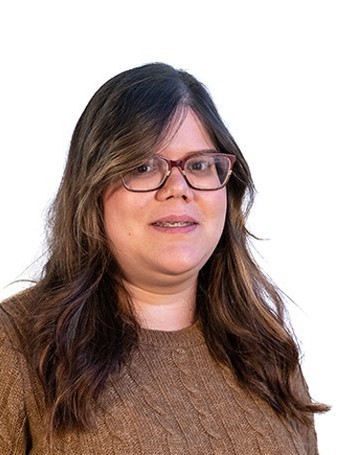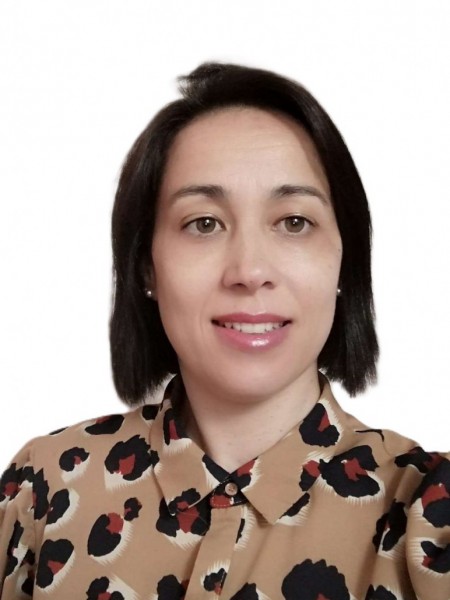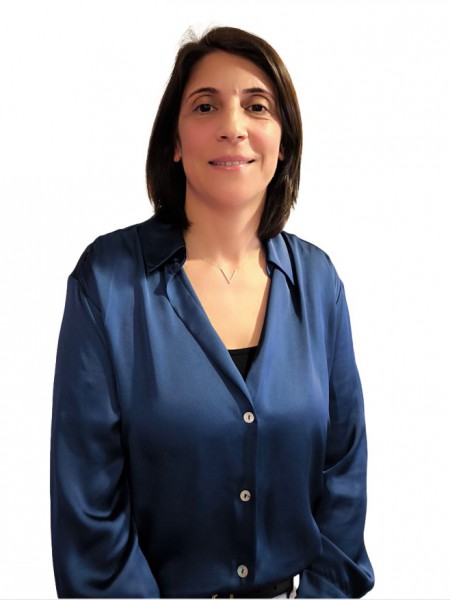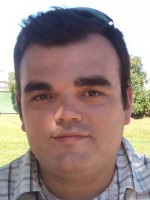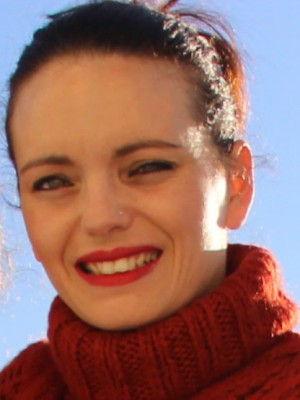resumo
Conducive natural-based separators for application in polymer electrolyte fuel cells (PEFCs) were fabricated by combining a bacterial polysaccharide, i.e. bacterial cellulose (BC), and an algae sulphated polysaccharide, i.e. fucoidan (Fuc). The diffusion of fucoidan aqueous solution containing a natural-based cross-linker, viz. tannic acid, into the we BC nanofibrous three-dimensional network, followed by thermal cross-linking, originated fully bio-based proton exchange membranes (PEMs). The PEMs present thermal-oxidative stability in the range of 180-200 degrees C and good dynamic mechanical performance (storage modulus >= 460 MPa). Additionally, the BC/Fuc membranes exhibit protonic conductivity that increases with increasing relative humidity (RH), which is a typical feature for numerous water-mediated proton conductors. The traditional Arrhenius-type plots demonstrate a linear behaviour with a maximum protonic conductivity of 1.6 mS cm(-1) at 94 degrees C and 98 % RH. The results showed that these fully bio-based conducive membranes have potential as eco-friendly alternatives to other PEMs for application in PEFCs.
palavras-chave
SULFATED POLYSACCHARIDES; NANOCOMPOSITE MEMBRANES; COMPOSITE MEMBRANES; BROWN SEAWEED; POLYMER; NANOCELLULOSE; EXTRACTION; NANOPARTICLES; NANOFIBERS; NAFION(R)
categoria
Chemistry; Polymer Science
autores
Vilela, C; Silva, ACQ; Domingues, EM; Goncalves, G; Martins, MA; Figueiredo, FML; Santos, SAO; Freire, CSR
nossos autores
Grupos
G3 - Materiais EletroquÃmicos, Interfaces e Revestimentos
G4 - Materiais Renováveis e Economia Circular
agradecimentos
This work was developed within the scope of the project CICECO - Aveiro Institute of Materials (FCT Ref. UID/CTM/50011/2019) and TEMA (FCT Ref. UID/EMS/00481/2019 and CENTRO-01-0145-FEDER-022083), financed by national funds through the FCT/MEC. The research contract of C.V. is funded by national funds (OE), through FCT (< GS3 > 501100001871Fundacao para a Ciencia e a Tecnologia < GS3 >), I.P., in the scope of the framework contract foreseen in the numbers 4, 5 and 6 of article 23, of the Decree-Law 57/2016, of August 29, changed by Law 57/2017, of July 19. The research contracts of E.M.D. and S.A.O.S. are funded by projects UniRCell (SAICTPAC/0032/2015, POCI-01-0145-FEDER-016422) and AgroForWealth (CENTRO-01-0145-FEDER-000001), respectively. FCT is also acknowledge for the doctoral grant to A.C.Q.S. (SFRH/BD/140230/2018) and research contracts under Stimulus of Scientific Employment 2017 to G.G. (CEECIND/01913/2017) and C.S.R.F. (CEECIND/00464/2017). The authors also wish to thank ALGAplus (Producao e comercio de algas e seus derivados, Lda, Portugal) for kindly providing the seaweed samples and Dr. Filipe J. Oliveira (DeMac, University of Aveiro) for the help with the non-contact 3D optical profilometer.


